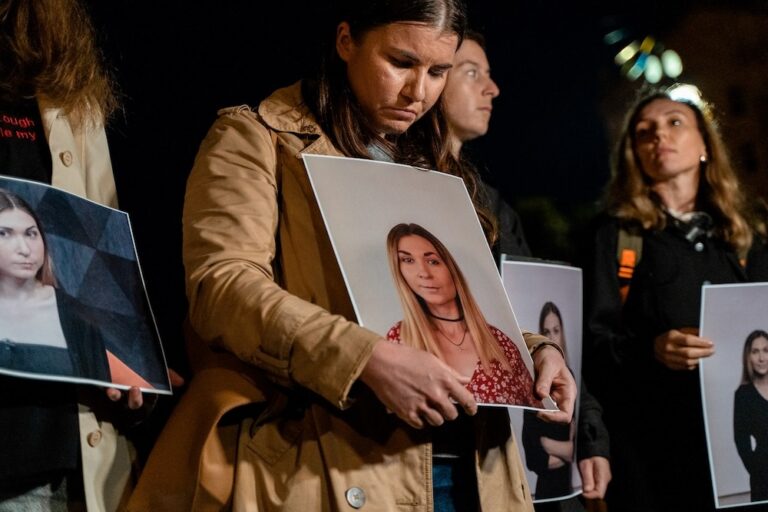The European Federation of Journalists is alarmed by growing precarity among journalists, which threatens professional standards, economic independence and their ability to respect standards of press freedom.
To mark World Press Freedom Day on 3 May 2013, the European Federation of Journalists (EFJ) – an affiliate of the International Federation of Journalists ‐ has underlined the need to promote journalism as a public good in an age of austerity, media restructuring and the unprecedented commercialisation of journalism.
“We are worried to see that literally thousands of journalists have lost their work in the past months throughout Europe, some affected by job cuts and others being allocated to more precarious positions,” said EFJ President Arne König. “Precarious work and lack of investment in human resources have a major impact on quality of the information and press freedom”.
The EFJ is alarmed by growing precarity among journalists, especially young men and women, which threatens professional standards, economic independence and their ability to respect standards of press freedom and pluralism.
Even in wealthy European countries, press freedom is an issue.
The economic context is harsh, but it cannot be an excuse for neglecting journalism and its contribution to democracy. Under the pretext of flexibility and competition, public broadcasting is submitted to cuts, journalists’ pay is declining and collective bargaining is by-passed.
“You can’t get free media and quality news if you neglect the professionals who need to report, investigate and inform the public” said König.
At EFJ’s upcoming General Meeting in Verviers on 13-15 May, titled “Journalists’ unions in times of crisis: Fighting for journalism as a public good”, delegates from 26 European countries will discuss the enormous challenges for journalists to fulfil their watchdog function.


